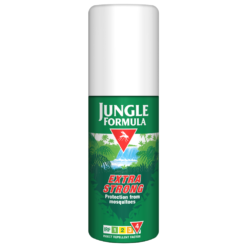Please answer the following questions as honestly as possible so we can ensure your preferred treatment is the best treatment for your needs.
"*" indicates required fields
Ordered with us before? Click here to login and reorder from your account.
Fill in a quick online consultation for our licensed pharmacists to review.
Our pharmacists will review your treatment to ensure it’s suitable.
Your treatment will be delivered to your door quickly & discreetly.


EXCELLENT
Page content authored by Dr Hussain Ahmad, last reviewed by Mr Mohammed on 4th October 2024.
Looking for something else? Browse our online clinic to see all treatments available, or search for a condition or treatment below.







